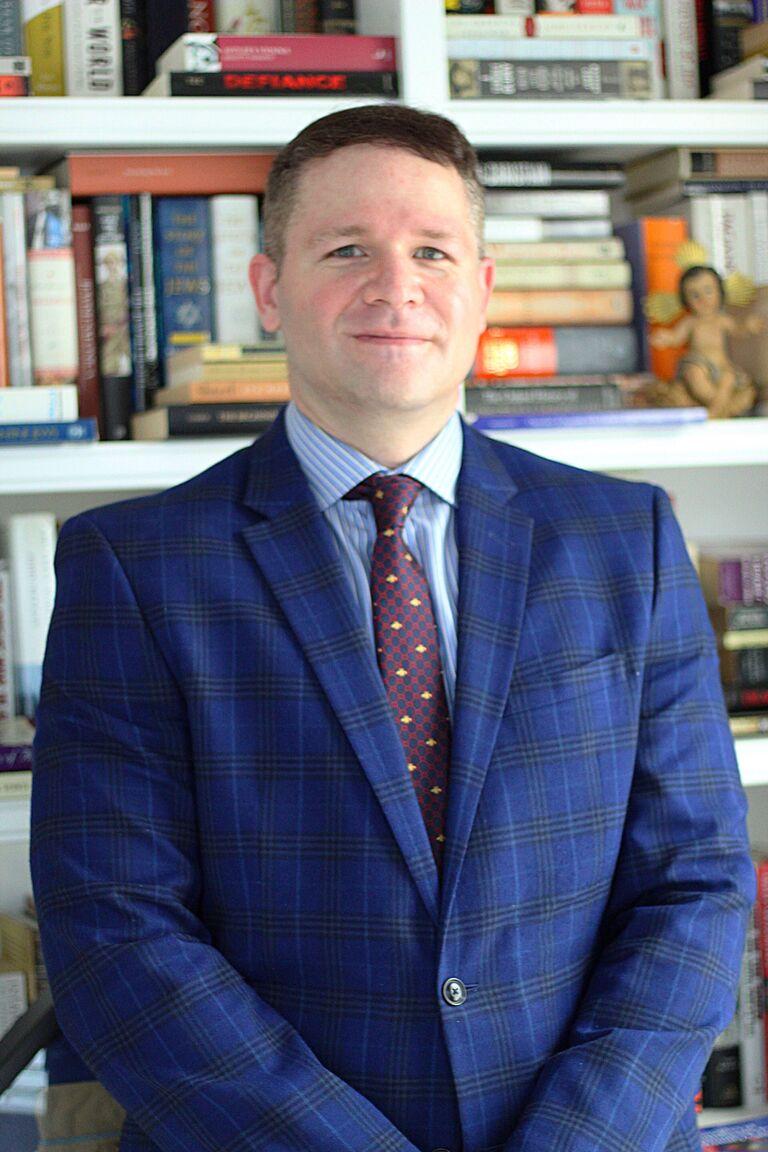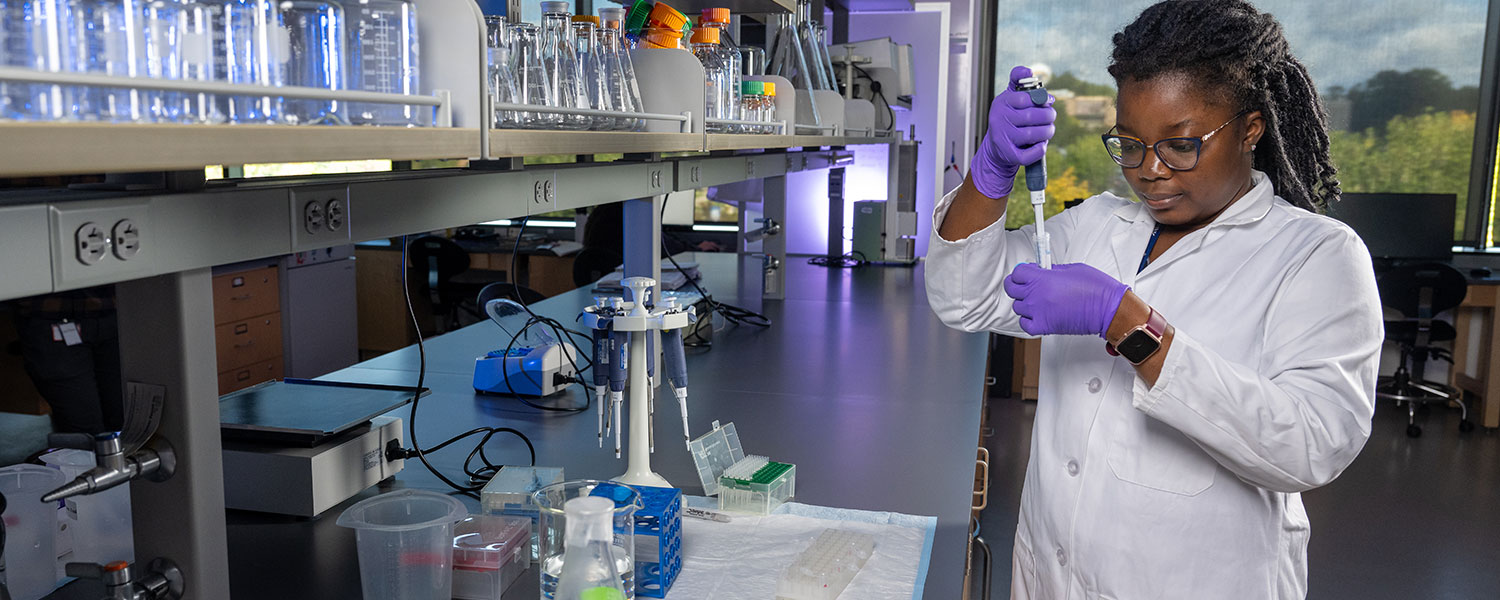Kent State University’s Brain Health Research Institute (BHRI) will be welcoming a bevy of accomplished alumni back to the Kent Campus when it hosts the 10th Annual Neuroscience Symposium on Thursday and Friday, Oct. 27 and 28.
The two-day program will celebrate Kent State’s unique contributions to our understanding of the brain and nervous system and to solving the puzzle of brain disease.
Most of the featured presenters are distinguished Kent State alumni and faculty – leaders in the field of neuroscience – who will share their research and talk with students about their career paths and how the choices they made contributed to their success.
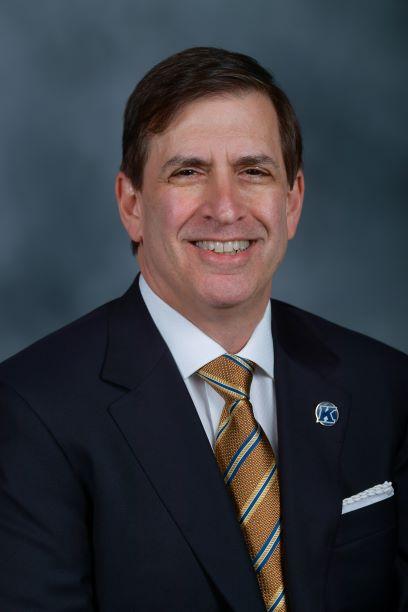
Kent State alumni have made tremendous contributions to brain health research and the symposium was designed to display their accomplishments, said Michael Lehman, Ph.D., director of the Brain Health Research Institute.
“It is amazing to see how successful our alumni are once they leave Kent State, and how the education they received here really prepared them to achieve so much in their respective fields,” said Doug Delahanty, Ph.D., interim vice president for Research and Sponsored Programs.
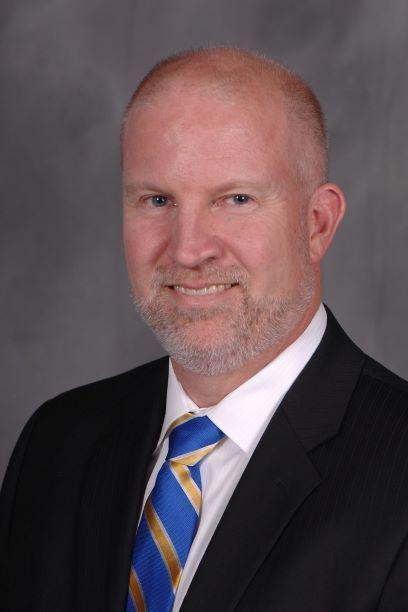
Delahanty said he was excited that current students would be able to network with such an all-star lineup of alumni and faculty speakers and meet these role models in person.
Lehman said highlighting Kent State’s vast alumni resources not only showcases Kent State’s many contributions to the field of neuroscience but also shows current students the power of a Kent State education.
Scientists and researchers who are now top in their fields were once Kent State students, too, he said.
The list includes Earl Miller, Ph.D., a leading cognitive neuroscientist whose research focuses on neural mechanisms of cognitive, or executive, control, who is the Picower Professor of Neuroscience with the Picower Institute for Learning and Memory and the Department of Brain and Cognitive Sciences at the Massachusetts Institute of Technology (MIT).
Miller, who is a generous supporter of the Brain Health Research Institute, was a first-generation college student when he attended Kent State, graduating with a bachelor’s degree in psychology in 1985. Miller later earned master's and doctorate degrees in psychology and neuroscience from Princeton University.

“Many of these alums were actually first-generation students like Earl. Being at Kent State was the transformative experience of their lives,” Lehman said, noting how their experience at Kent State and the success that followed is important to show current students, particularly first-generation students.
Lehman will kick off the symposium with a special announcement that BHRI is forming an Alumni Advisory Board to offer advice to the institute and to serve as a ready network for students.
“The Alumni Advisory Board comes from our recognition that we have a commitment to our students that extends just beyond the four years they study here,” he said. “We are committed to supporting them with mentoring and career guidance. For us, alumni are the extension of our current students.”
“They come with what the perspective is like to be a student here, that I don’t have,” Lehman said. “They can advise us and give us a window into what that’s like and afterward, they can be a network for our current students to help them in their careers, provide guidance, mentorship and insight into all the variety of career paths they can pursue. We want to tap into their knowledge.”
In addition to presenting their research, speakers at the symposium will take part in career development sessions for students to talk about the choices they made in their careers to get them to where they are today. “This is something of real value for our students,” he said.
Lehman said the alumni speakers span multiple generations and work in a variety of fields, including academia, medicine and the military.
Phoenix Green, a second-year doctoral student from Valdosta, Georgia, said she attended last year’s symposium online and was excited for its return to in-person speakers, particularly since most of them are Kent State alumni.
“I think it’s really nice that we can see how they got where they are,” Green said, “We can kind of see our future, the possibilities of what our future can be, and they can give us real-life tips.”

Green, who is studying integrated physiology and neurobiology in Biological Sciences, said she was particularly interested in hearing the talk by Allison Brager, who has a career in the military because so much research work is only focused on work in academia.
“A lot of career paths are mainly academic, and she is from a different background, and I think it’s important to see the non-academic possibilities,” Green said.
Green came to Kent State specifically to work in Dr. Lique Coolen’s research lab. “I really enjoy Kent State,” she said. “It is very progressive. We are always working on new stuff, finding new ways to present it, and constantly working on ways to get our research out there.”
More than 200 are expected to attend the symposium, including students, alumni, and members of the BHRI from other university and institution partners. “The joy of being able to hold this symposium in person after COVID-19 is particularly satisfying,” Delahanty said.
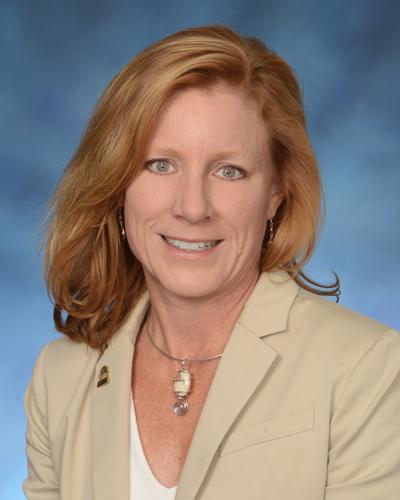
The keynote speaker for the symposium is Tracy L. Bale, Ph.D., who will speak on the topic, "The biology of trauma: Understanding risk and resilience."
Bale is the Anschutz Foundation Endowed Chair in Women's Integrated Mental and Physical Health Research at the Ludeman Center and Professor and Director for InterGenerational Stress and Health and the Director for Sex Differences Research in the Department of Psychiatry in the School of Medicine at the University of Colorado, Anschutz Medical Campus.
Lehman said he was excited to bring in a keynote speaker who “works in an area that is reflective of one of our strengths: understanding the long-term effects of trauma and stress on brain health.”
Bale, specifically, studies how stress on a person, and in-utero stress on an unborn child, can lead to an increased risk of mental illness and a variety of other disorders, which can be passed on from generation to generation.
Her research looks at vulnerable populations, including the long-term effects of racism, and its implications for the mental health of current and future generations. “All mental illnesses are based in the brain, and hence, are also brain diseases,” Lehman said.
Other presenters include:
Allison Brager, Ph.D. ’11: deputy chief science officer, John F. Kennedy Special Warfare Center and School (see Kent State Magazine profile).
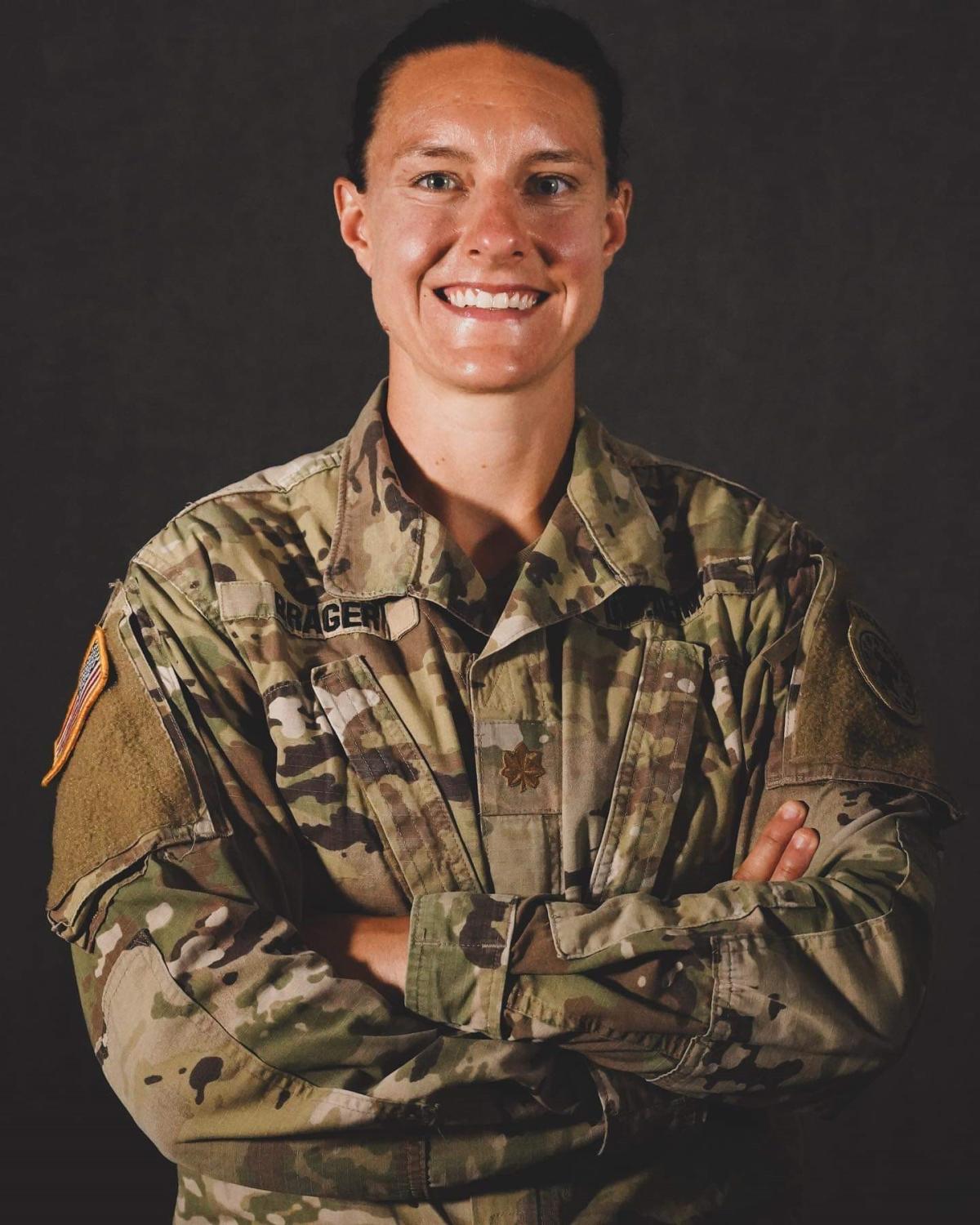
Ya’el C. Courtney, B.S. ’19: fourth-year doctoral candidate in the Program in Neuroscience at Harvard University.
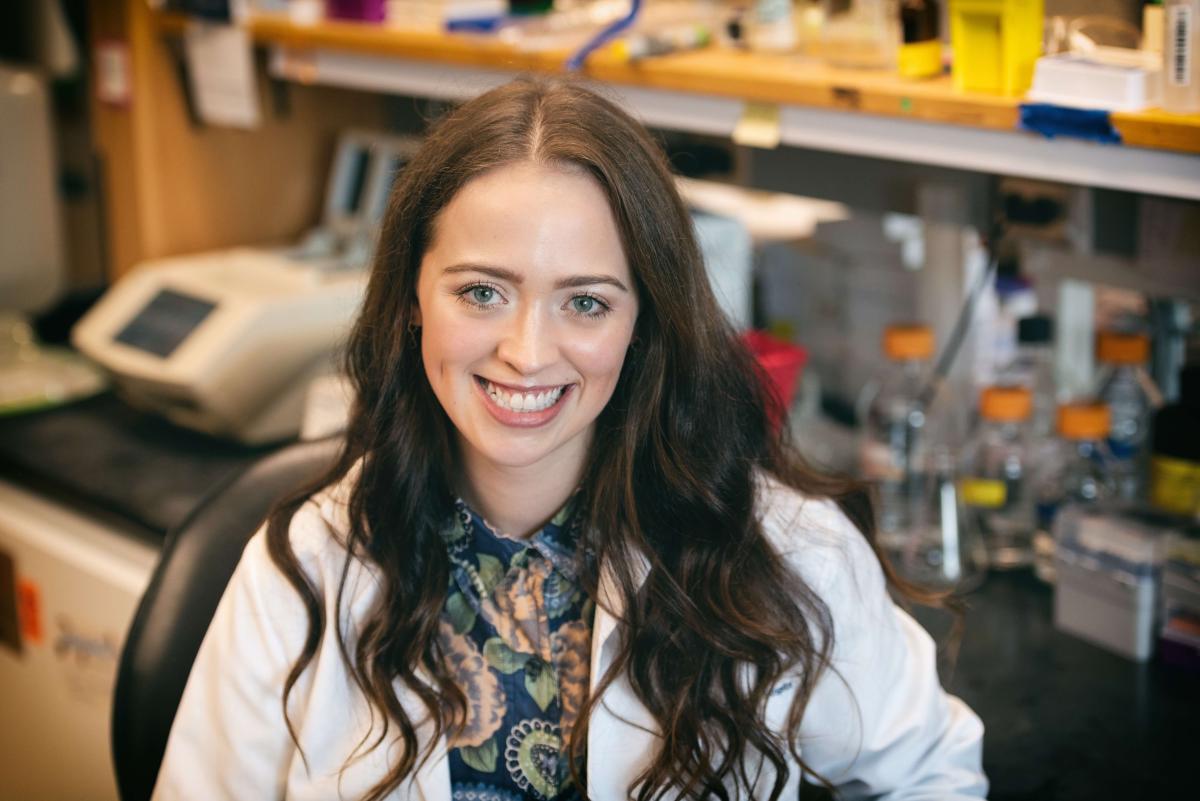
Lique Coolen, Ph.D.: Kent State assistant to the provost for special projects, Office of Postdoctoral Studies Director; program lead Choose Ohio First at Kent State University in the Division of Academic Affairs; assistant director of the Brain Health Research Institute; and professor in the Department of Biological Sciences at Kent State.
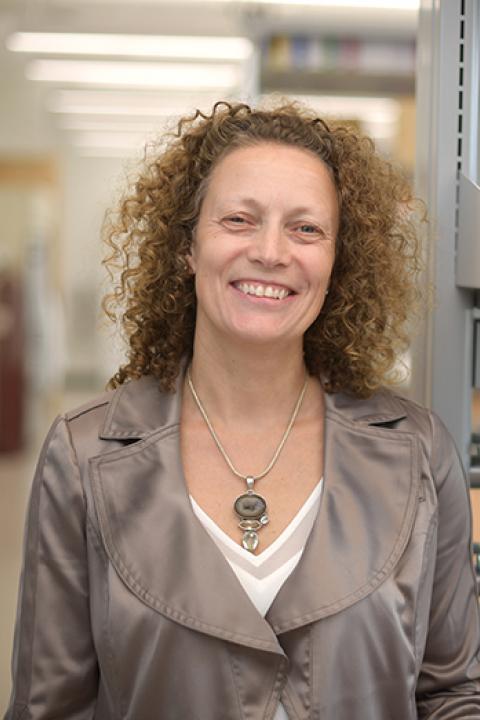
Suzanne N. Haber, Ph.D. ’68: dean's professor and professor, Department of Pharmacology and Physiology in the School of Medicine and Dentistry at the University of Rochester.
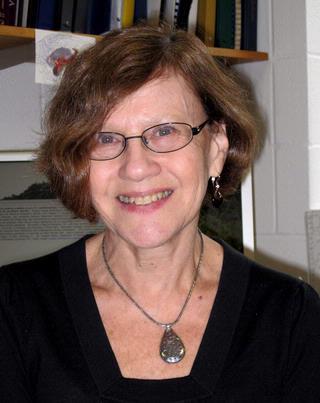
John E. Hall Ph.D. ’68: Arthur C. Guyton Professor and chair of Physiology and Biophysics, founding director of the Mississippi Center for Obesity Research and director of the Center of Biomedical Research Excellence in Cardiorenal and Metabolic Diseases at the University of Mississippi Medical Center.

Ashley D. Nemes-Baran, Ph.D. ’16: assistant professor of Neuroscience at Case Western Reserve University.
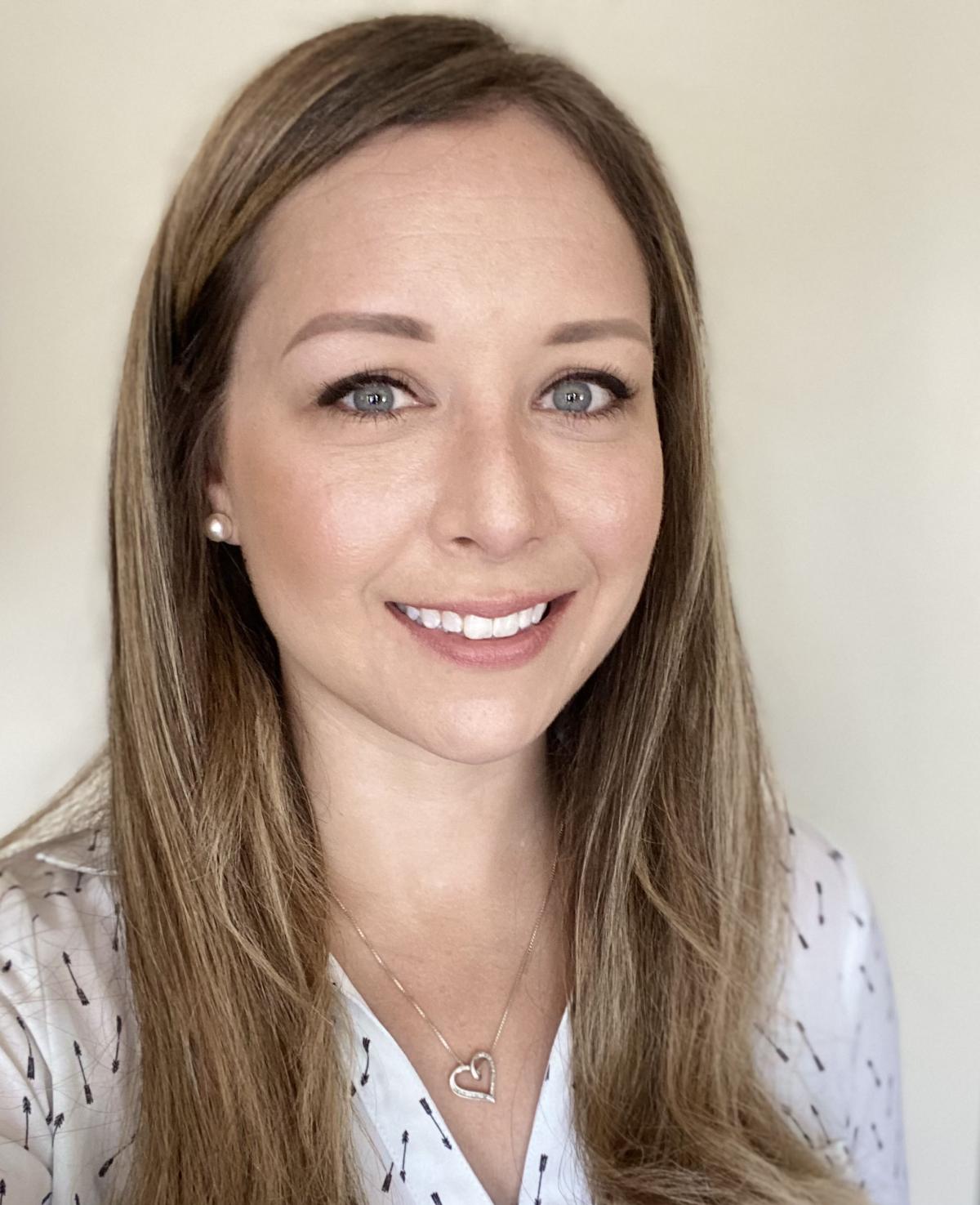
Angela Ridgel, Ph.D., ACSM-EP, FACSM: Kent State professor in the School of Health Sciences and Associate Director of Kent State’s Brain Health Research Institute.
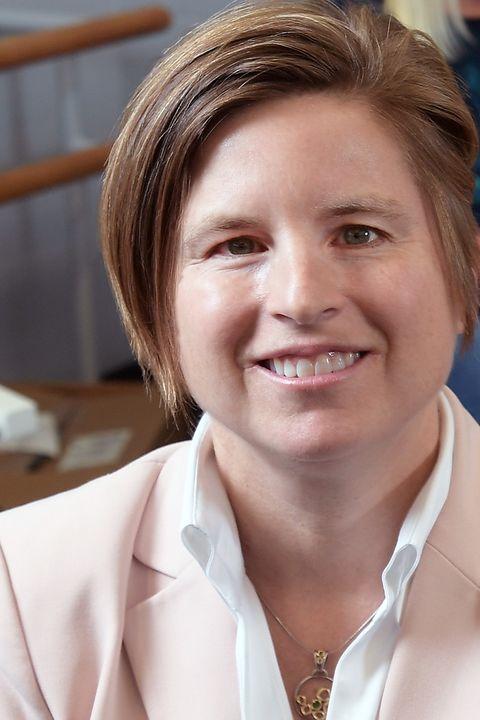
Meenakshi Rozenstrauch, M.S. ’11: consultant, Yuzu Labs.

Jason Tait Sanchez, Ph.D. ’06, CCC-A, FAAA: associate professor and director of Graduate Studies in the Department of Communication Sciences and Disorders at Northwestern University.
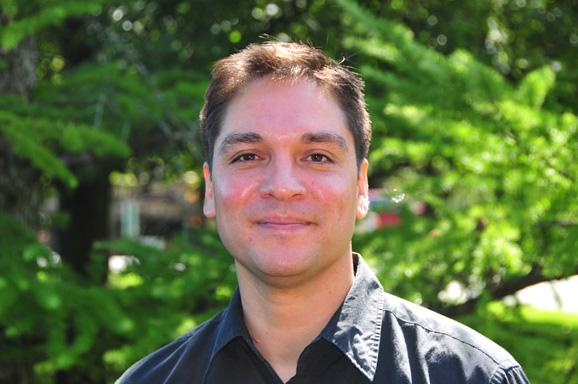
Andrew J. Schoenfeld, M.D., MSc, ’99: associate professor and clinician scientist in the Division of Spine Surgery, Department of Orthopaedic Surgery, at Brigham and Women’s Hospital and Harvard Medical School.
